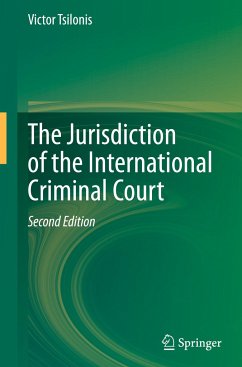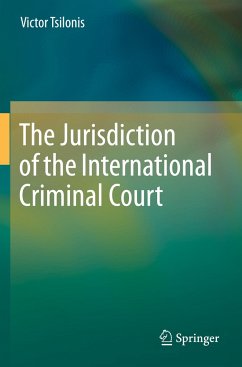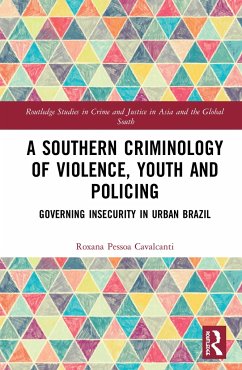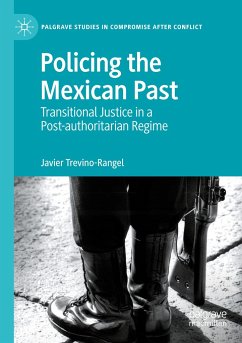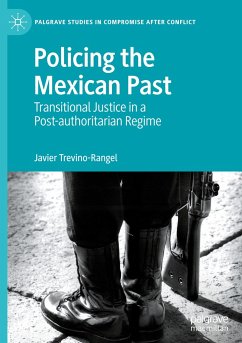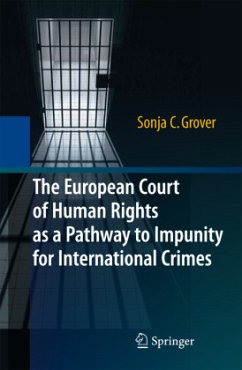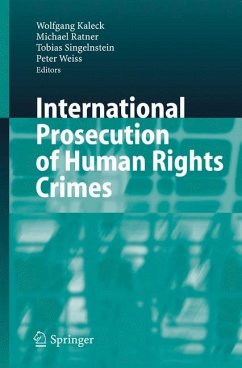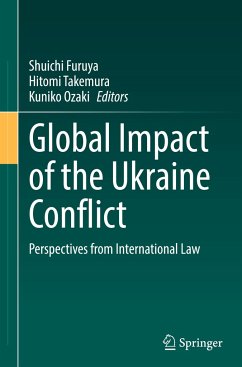
An Introduction to the Criminology of Genocide

PAYBACK Punkte
20 °P sammeln!
This textbook provides an accessible and interdisciplinary introduction to genocide with an emphasis on the criminal aspect of genocide. It draws on sociological, political, and historical concepts to discuss how they contribute to our understanding of genocide as an international crime. It walks students through the evolution of genocide as a criminal act and the legal responses available using case studies to demonstrate how concepts work in action. It combines Criminology and Law, arguing that Criminology can help explain the 'why and how' while Law can explain the responses to crime. This ...
This textbook provides an accessible and interdisciplinary introduction to genocide with an emphasis on the criminal aspect of genocide. It draws on sociological, political, and historical concepts to discuss how they contribute to our understanding of genocide as an international crime. It walks students through the evolution of genocide as a criminal act and the legal responses available using case studies to demonstrate how concepts work in action. It combines Criminology and Law, arguing that Criminology can help explain the 'why and how' while Law can explain the responses to crime. This textbook includes a chapter on genocide denial as well as discussion questions at the end of the chapters, boxed examples, and further reading. It speaks to students in Criminology, Law, Socio-Legal Studies, and beyond, as well as to practitioners in the criminal justice field.




